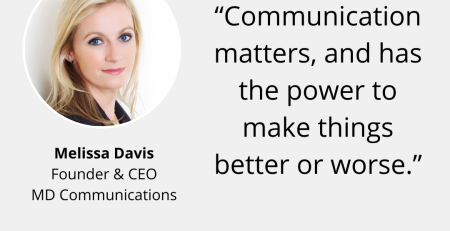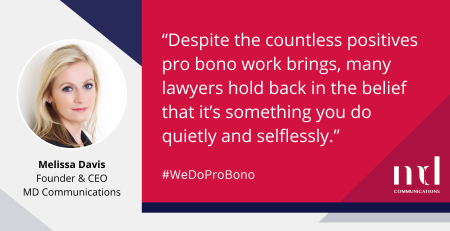CEO Melissa Davis discusses why the real lesson from this awkward experience for Stephenson Harwood is that every internal memo is a press release in the making.
It was another one of those ‘oh dear’ moments.
Lots of law firms have issued guidance to their teams in recent months on working from home. Some have given frameworks – three days in the office and two at home for example. Others have been more laissez-faire – decide your own schedules.
Stephenson Harwood decided to go down a different route, offering their staff a unique 20% off deal.
No, sadly not 20% off their energy bills, which would probably have gone down a storm. Instead, it was 20% off their salaries if they decide to work from home full time.
Cue the headlines. First, the legal media had their fun with it. Then, eternal proof that some stories go further, it made it into the mainstream media, including The Times.
From memo to media
It’s yet another example of how an internal memo can quickly become a news story. Stephenson Harwood aren’t the first to fall foul of this and they won’t be the last.
However, they are, at the moment, the firm having to deal with it. I imagine their PR team has been quite busy. Let’s hope they didn’t decide to respond to the 20% work from home offer by doing 20% less work. They’d have picked the wrong week.
It’s also a great example of how one decision, whatever the reason, can have unforeseen implications. Or, if I’m honest, implications which could and probably should have been foreseen but weren’t.
Was this going to be popular? Of course not. Which begs the obvious question – why did they do it in the first place? That’s a question they might now be asking themselves but it’s too late.
Being the first to do something is usually a good way to get into the news – which is great if you’re celebrating a landmark judgment or a brilliant new product or service.
It’s much less brilliant when a controversial decision – it was controversial, there’s no argument on that surely? – finds its way out into the world outside your own office walls.
Impressions matter
From an employer brand perspective, it’s pretty awful. Just look at the comments on any of the stories and you’ll see plenty of people suggesting a career at Stephenson Harwood might not be a good move.
Now, I’m not saying I support that. I’m sure there are many great things about working for them.
But it’s not a good look to have multiple comments suggesting it. We know potential recruits increasingly check out future employers online. Guess what’s going to be front and centre of any search results for Stephenson Harwood for the next few months, maybe even years?
And it’s not just the potential recruits who’ll be looking. The Law Society Gazette’s ever-alert John Hyde took to Twitter to ask just what the view might be from clients.
Safe to say the bosses behind the 20% pay cut wouldn’t have factored clients expecting a 20% cut in bills into the equation. As an unintended consequence, that one ranks pretty high.
But it’s not unreasonable to suggest it now and it wouldn’t be unreasonable for clients to ask it when they get their next bill. If you’re paying colleagues 20% less for the same work, it’s not unreasonable as the bill payer to expect at least some of that to be passed onto you. Preferably all of it.
And so, yet again, an internal memo ends up creating issues and difficult questions. The firm now has two choices: double down, take it on the chin and push ahead with the policy, or back down and change their minds. Neither looks tremendously positive.
But the real lesson from this rather awkward experience for Stephenson Harwood is that every internal memo is a press release in the making.
If you’re not too keen on it being seen outside your own emails or intranet, then it might be best not to send it.
Then again, the best way to avoid having controversial and unpopular policies affecting your employer brand, your reputation and even potentially the amount clients are willing to pay is not to have any controversial and unpopular policies in the first place.
It deals with the issue quite nicely.












